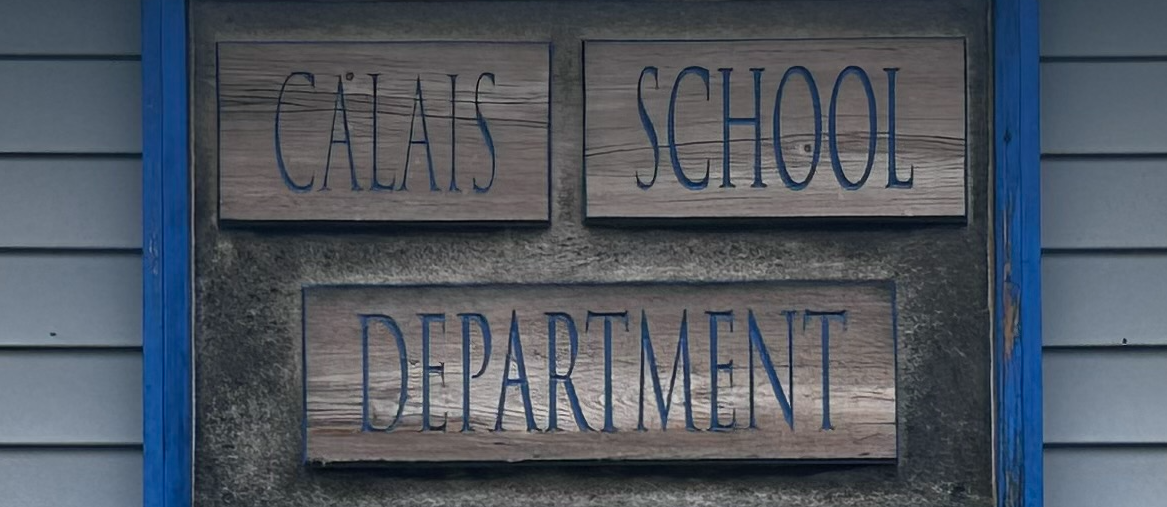
Meet our Staff

Mary Anne returned to the CSD in July of 2023 as Superintendent of Schools for Calais and Robbinston. She has a Bachelors in Education, Masters in Literacy, and Advance Graduate Degree in Educational Leadership. Spending time with her husband and son is what she loves most.
- Mary Anne Spearin

Meet CSD's Administrative Assistant, Alecia. She is a 2012 graduate of Calais High School and received an Associates Degree in Business. In her free time she enjoys spending time with her daughter and husband.
- Alecia Lyons

Brittany is CSD's Payroll Specialist. She received a Bachelor's degree in Business. Brittany is experienced in concise data entry and establishing positive relationships and communication with staff. Camping with her family is where she loves spending her free time.
- Brittany Occhiogrosso

Director of Special Services - In 2024, CSD welcomed Tamara as our Special Services Director. She has a Bachelor's degree in Communications and Advertising with a minor in Psychology. She brings with her 10 years of experience in the world of Special Education.
- Tamara Clark

Meet Julie, CSD'd Business Manager. She has been with us since 2006. Julie earned her Associates Degree in Office Information, and she has 23 years of experience in bookkeeping, budget preparation, and managing financial records.
- Julie Murray

Harry become the CDS's Transportation Director in 2022. He has been with our district as a bus driver since 2000. You will still see Harry driving our buses locally and on after school event trips.
- Harry Jordan
Heidi joined the Central Office staff ad the Special Services Administrative Assistant in 2024 when she made the move from our school-based Blue Devil Health Center. Being a mom is what she loves best.
- Heidi Beal
